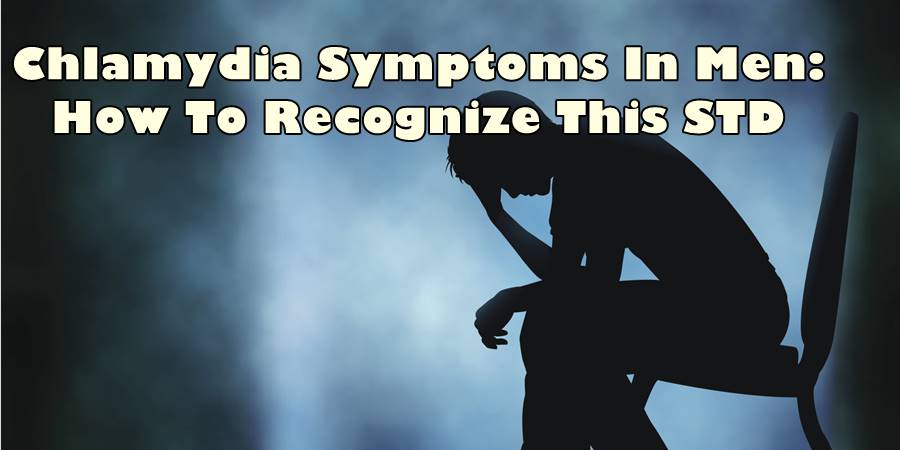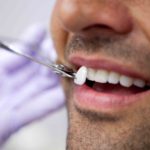Among the most common sexually transmitted diseases in the UK, chlamydia can be contracted during unprotected sex with an infected partner. As it is often symptomless, it is possible for someone to become infected and to pass on the disease without realising they have it. Where symptoms exist, it’s important to recognise them and begin chlamydia treatment as soon as possible to avoid complications.
Symptoms
Although around 90 percent of men with chlamydia experience no symptoms, of the other ten percent, one or more of the following is likely to occur:
- Pain from urinating or ejaculation
- Penile discharge, which can be green/yellow or white, watery or cloudy
- Frequency (urinating more often)
- Pain, burning or itching of the meatus – the opening at the tip of the penis
- Rectal bleeding, discharge or pain
- Pain or inflammation in the testicles
- Sore throat
- Inflammation of the eyes (due to possible transfer of genital secretions)
Although most men won’t experience any of these symptoms, the infection can be diagnosed with a simple test at a sexual health clinic.
Testing for chlamydia
Many sexually active people undertake regular sexual health checks, generally at yearly intervals. These can be arranged through a GP surgery, by self-arranged appointment with a local clinic, which can be found on the internet, or by walking into a drop-in clinic. Testing is carried out using a urine sample and a swab of the urethra, the tube in the penis from which urine and semen emerge. The process of taking the swab is a little uncomfortable, but the staff are trained to keep discomfort to a minimum. It can take from one to two weeks for the results to return, upon which chlamydia treatment would commence, if necessary.
Treatment
If a case of chlamydia is confirmed, it’s vital that any sexual partners are informed, to give them an opportunity for early treatment if necessary. The clinic can advise and help with this task. Some extremely rare complications of leaving chlamydia untreated for too long can include arthritis and epididymitis, inflammation of the tubes which carry sperm; this causes pain and swelling of the testicles, and can even lead to infertility. In more than 95 percent of cases, a chlamydia infection can be treated effectively with a course of antibiotics, providing it is taken as directed, including finishing the course. The most common antibiotics used in chlamydia treatment would either be taken in one large dose or two doses daily for a week; it’s rare that a longer course would be considered. It’s important not to have sex during treatment or for a week after the single-dose treatment to avoid infecting a partner or becoming re-infected.
Prevention
The best method of preventing the contraction or spread of chlamydia is through the use of barrier methods of contraception every time you have sex, using a condom for vaginal or anal sex and a dam for oral sex. As with any illness, prevention is better than cure, but diagnosis and treatment make this common disease highly controllable.
Related Posts












